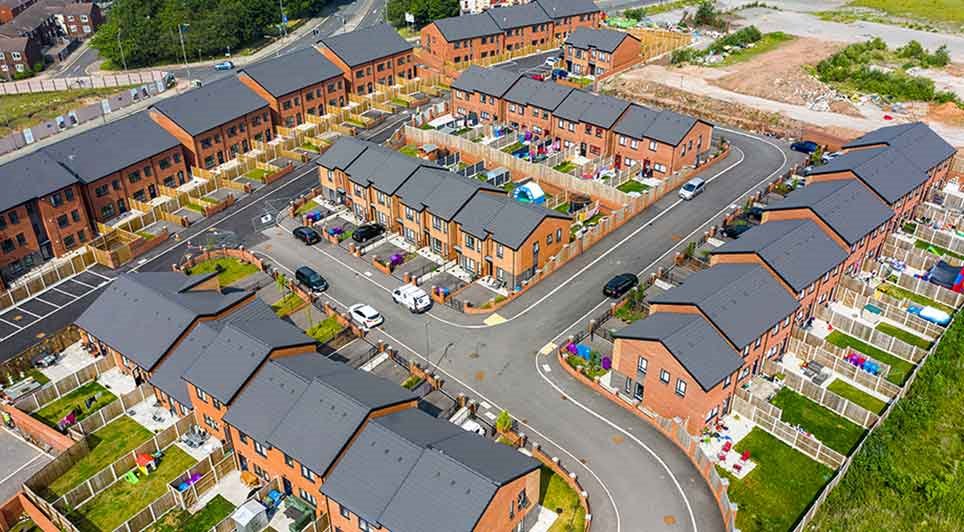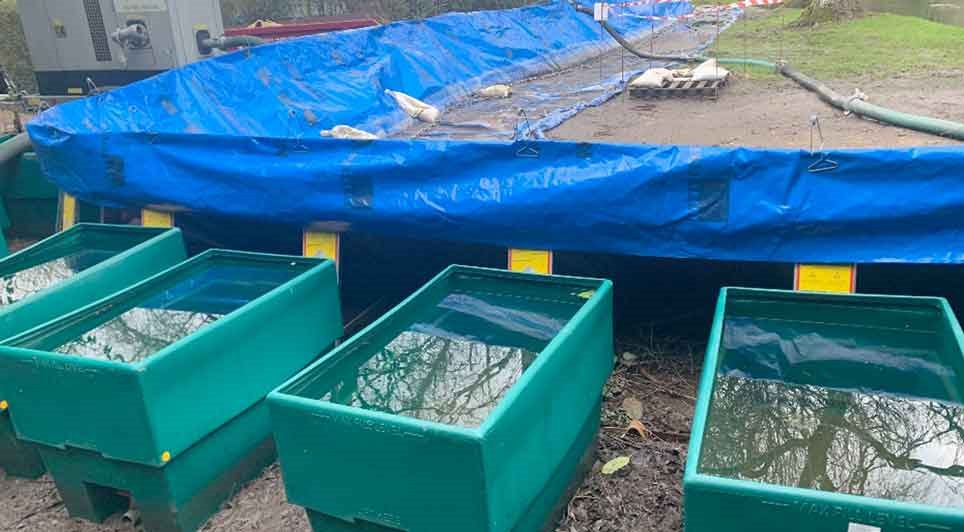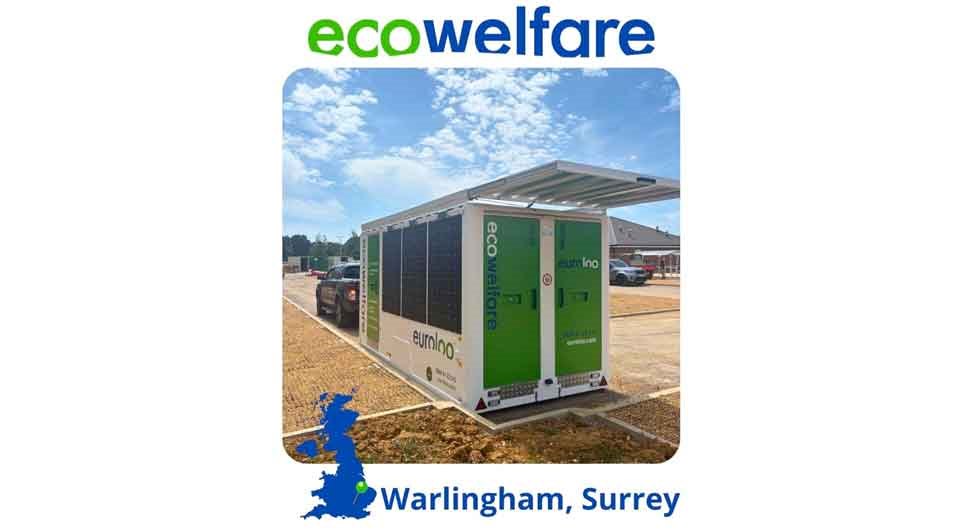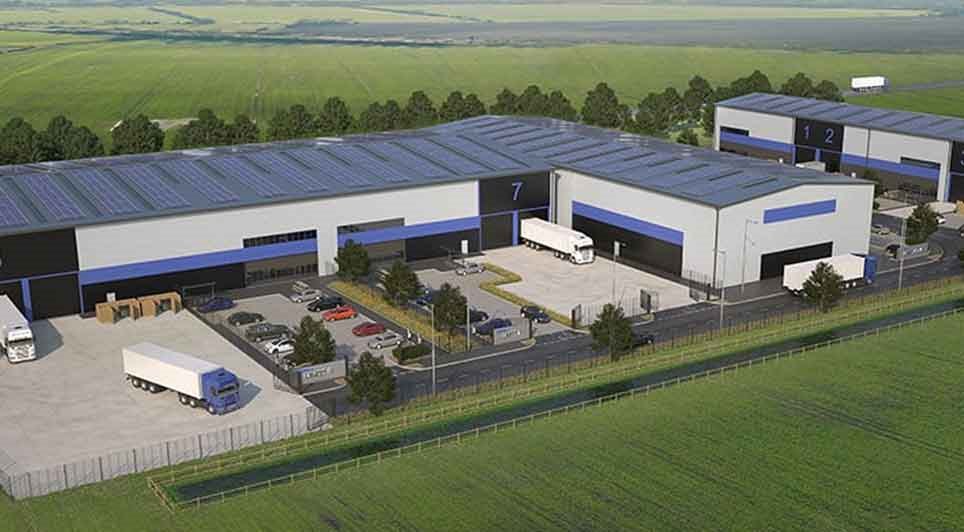Over 40 years, Angstrom Technology has become a trusted partner to thousands of clients worldwide, delivering turnkey and modular cleanroom design and build projects.
With our validation and maintenance, cleanroom training, and consumables and equipment services, we provide contamination control way beyond the commissioning of your cleanroom.
Committed to delivering high-quality cleanroom products and services, our team of experts has extensive industry experience ensuring our solutions meet the stringent requirements of sectors such as pharmaceuticals, biotechnology, healthcare, electronics, and more. But what is a cleanroom, and why are they so critical in so many sectors?
A cleanroom is defined as 'a room within which the number concentration of airborne particles is controlled and classified, and which is designed, constructed and operated in a manner to control the introduction, generation and retention of particles inside the room'. Most controlled environments protect the production of products like electronic devices, pharmaceuticals, and medical equipment, and cleanrooms are classified into different classes depending on the number of particles allowed in the air per cubic metre. They also control variables like temperature, airflow, and humidity.
How do cleanrooms work?
Cleanrooms operate by removing pollutants, particles, and contaminants from external air. This process broadly involves the following steps:
1. Air Filtration: External air passes through a filtration system, typically using HEPA or ULPA filters, which clean and decontaminate the air to specified standards.
2. Air Introduction: The filtered air is then introduced into the cleanroom.
3. Positive Pressure: Inside the cleanroom, positive pressure is maintained to create airflow that flushes out contaminants generated by internal activities.
4. Air Recirculation: The contaminated air is either expelled or recirculated back through the filters, repeating the purification process.
Who needs a cleanroom?
You may need a cleanroom for a wide variety of reasons. As a rule, if you’re manufacturing something that is easily affected by contaminants or particles in the air, you’ll likely need a cleanroom. If you're unsure or are looking for more guidance, be sure to contact our expert team, and we'll be happy to discuss your requirements and objectives.
Here are just some of the common sectors that regularly use cleanrooms:
• Semiconductor and battery production
• Life sciences
• Aerospace
• Pharmaceutical
• Medical & healthcare
• Hydrogen fuel cell production
• Injection moulding
• Medicinal cannabis
• Vertical farming
• Automotive
Why are cleanrooms so important?
Cleanrooms are critical across many industries because they provide a controlled environment that minimises the presence of airborne particles, contaminants, and pollutants. Here are just some of the reasons why cleanrooms are essential:
Ensuring Product Quality and Safety: In industries such as pharmaceuticals, biotechnology, and medical devices, even the smallest contamination can compromise product quality and safety. Cleanrooms maintain stringent cleanliness standards, ensuring that products are free from contaminants and safe for use.
Compliance with Regulatory Standards: Many industries are subject to strict regulatory requirements. Cleanrooms help companies comply with these regulations by providing an environment that meets the necessary cleanliness and contamination control standards.
Enhancing Research and Development: In research and development, especially in fields like nanotechnology and advanced materials, cleanrooms are crucial for preventing contamination that could skew experimental results or hinder the development of new technologies.
Supporting Innovation: Cleanrooms enable the development and production of cutting-edge technologies and innovative products. By providing a controlled environment, they allow for the precise manufacturing conditions needed to create advanced materials and components.
Ensuring Patient Safety in Healthcare: In healthcare settings, such as hospitals and laboratories, cleanrooms play a critical role in preventing infections and ensuring the safety of patients. They are used for sterile compounding, surgical procedures, and the preparation of pharmaceuticals.
Enhancing Competitive Advantage: Companies that utilise cleanrooms can achieve higher standards of quality and safety, which can provide a competitive advantage in the marketplace. This can lead to increased customer trust, better regulatory compliance, and a stronger reputation.
In summary, cleanrooms are critical because they ensure product quality and safety, comply with regulatory standards, protect sensitive processes, enhance research and development, improve reliability and longevity, support innovation, ensure patient safety, facilitate contamination control, and enhance competitive advantage. These controlled environments are indispensable for maintaining the high standards required in various advanced industries.
For more information about Angstrom Technology’s products and services, call 01524 812899, email enquiries@angstromtech.com or visit the website today: angstromtechnology.co.uk.
Construction News
08/07/2024
What Is A Cleanroom And Why Are They So Important In Manufacturing?


04/07/2025
JV North has announced the list of contractors and consultants appointed to its £500 million social housebuilding framework, which aims to deliver around 3,000 homes across the North West over the next four years.
The housing consortium, which includes 14 members, launched the procurement process i

04/07/2025
Work has officially started on preparing Eston Precinct for demolition, marking the first step in a major regeneration project led by Redcar & Cleveland Borough Council.
Esh Construction has been appointed to deliver the scheme, which will begin with the safe removal of asbestos and the soft strip

04/07/2025
The Secretary of State for Energy Security and Net Zero hasgranted development consent for the Mona Offshore Wind Farm.
The scheme, located in the Irish Sea, will deliver approximately 1,500MW of clean energy capacity and forms part of the Round 4 Offshore Wind Licensing Arrangements. The applicati

04/07/2025
The restoration of Chatham’s iconic Brook Theatre is officially underway, with the appointment of contractors to carry out the £21 million transformation of the 125-year-old building.
Originally opened in 1899 as Chatham Town Hall, the Grade II listed Renaissance-style landmark has served the commu

04/07/2025
Work to upgrade a flood-prone section of Stockbridge Road in Timsbury is set to begin later this month, as part of a joint project between the Environment Agency and Hampshire County Council to improve local flood defences.
Starting on 28 July, the five-week scheme will deliver vital improvements a

04/07/2025
Oldham's town centre regeneration has taken a major step forward, with planning consent now granted for all six sites earmarked for transformation through the partnership between Muse and Oldham Council.
The approval represents a significant milestone in the long-term vision to create a vibrant, in

04/07/2025
As temperatures soared during this week's heatwave, euroloo's innovative EcoWelfare units proved to be a game-changer on construction and outdoor sites across the country.
Designed with comfort and sustainability in mind, these multi-functional welfare units offer everything teams need to stay pro

04/07/2025
Atlas Site Engineering, a trusted name in precision setting out and site engineering services, continues to support the construction industry with expert solutions ranging from small residential extensions to multi-storey high-rise developments.
With a reputation for accuracy and reliability, Atlas

03/07/2025
Associated British Ports (ABP) has submitted a reserved matters application for 103,000 sq ft of speculative industrial and logistics space at Helm @ Immingham.
This marks the first phase of development at the 227-acre site.
The scheme will deliver a range of purpose-built units from 4,820 sq ft

03/07/2025
First Choice Homes Oldham (FCHO) is set to begin a major new phase of energy efficiency upgrades this month, with a £6.1 million investment aimed at improving 645 homes across the borough.
Starting 14 July, properties in Abbey Hills, Roundthorn, Shaw, and several estates in Chadderton will receive
 UK
UK Ireland
Ireland Scotland
Scotland London
London











